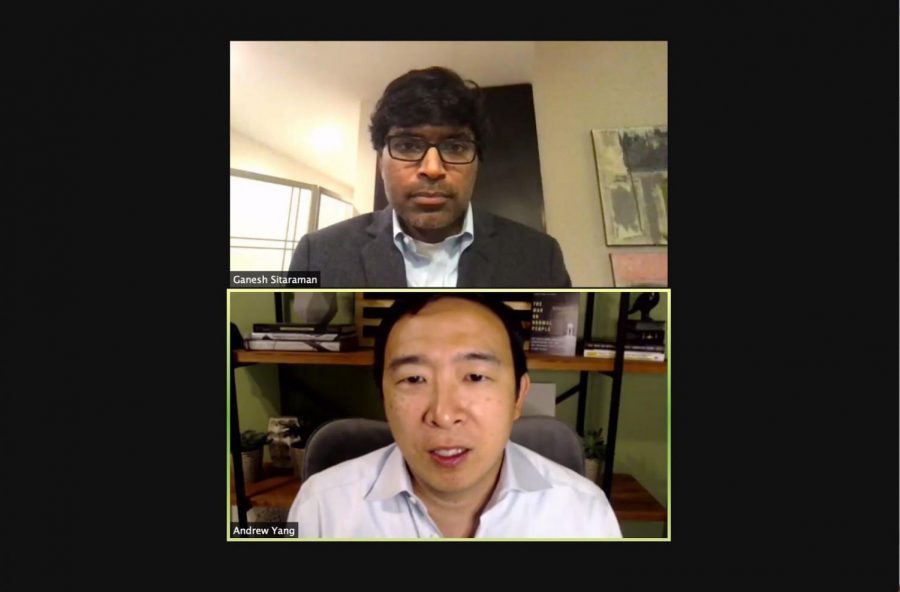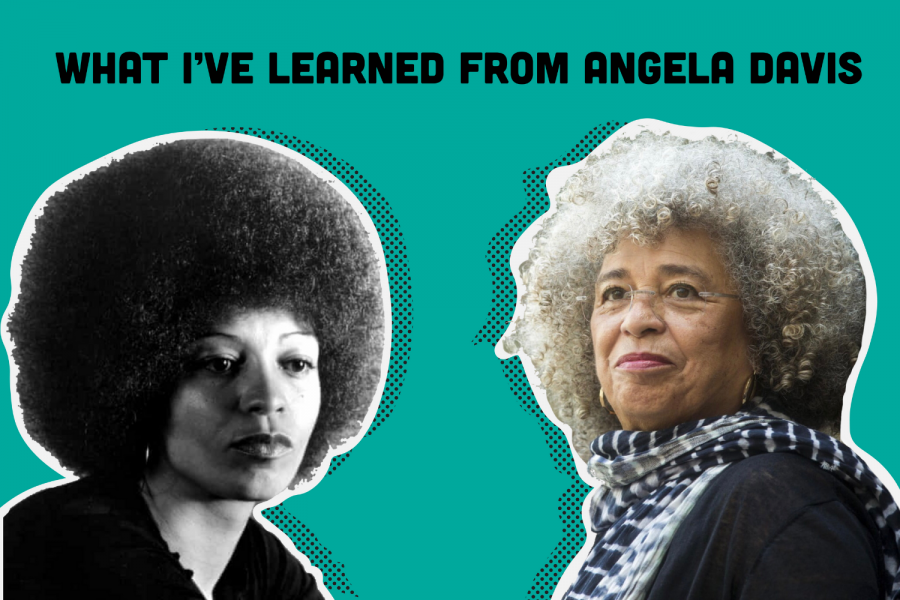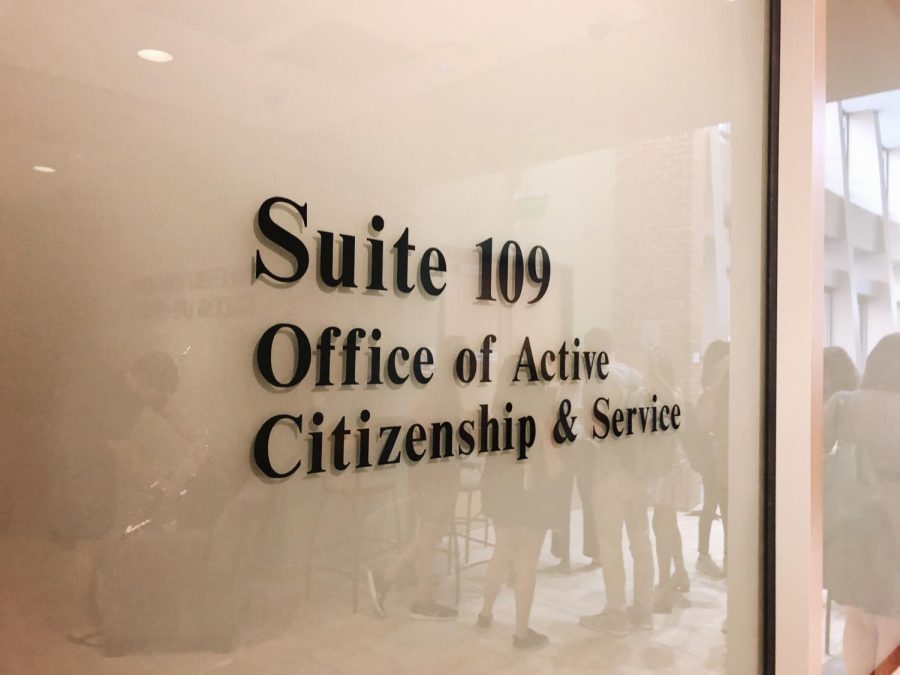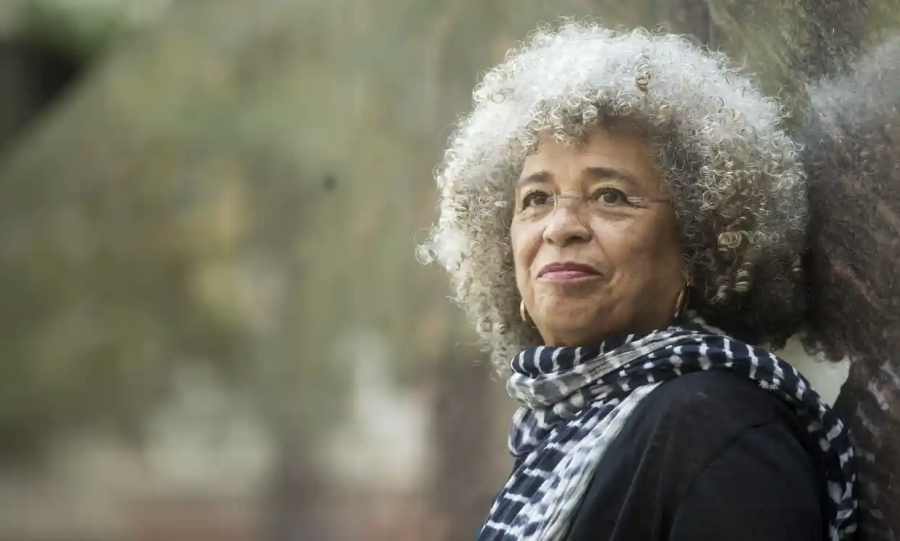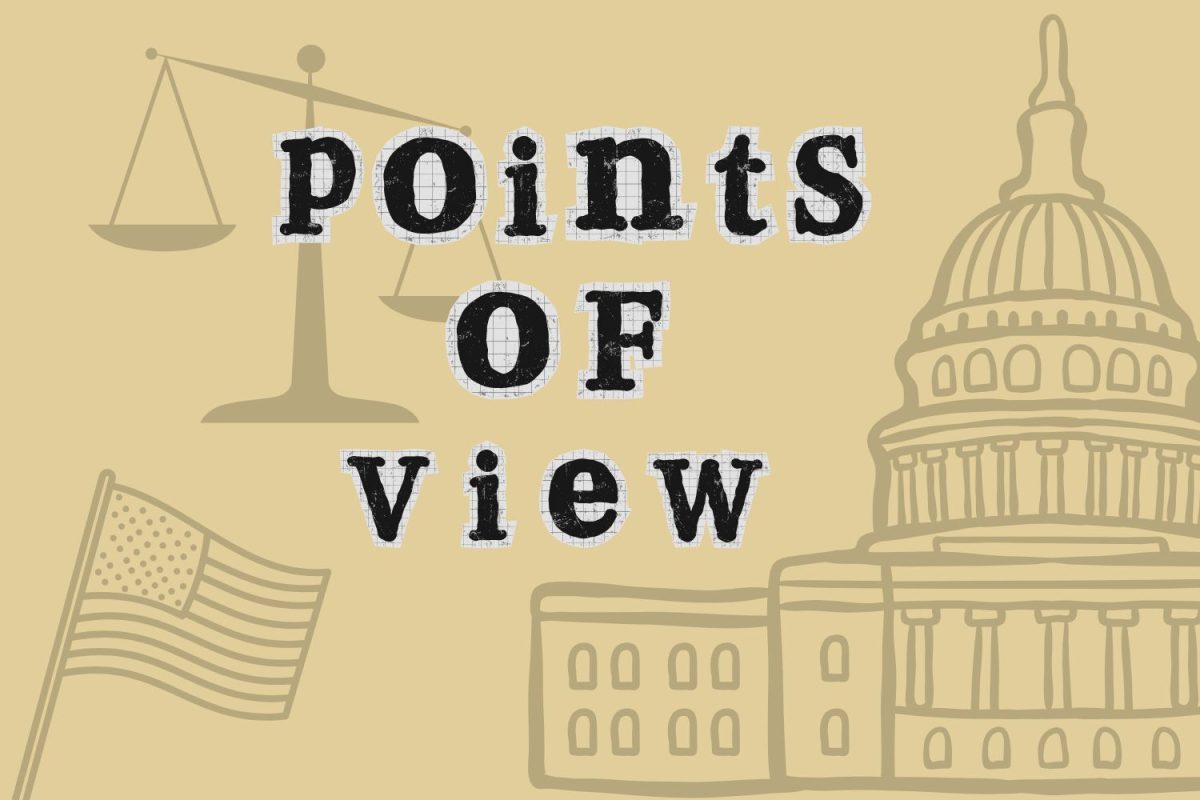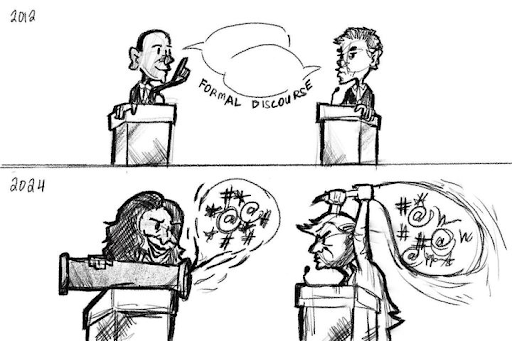Vanderbilt Programming Board hosted a virtual conversation with entrepreneur and former 2020 presidential candidate Andrew Yang on Oct. 27.
The conversation was moderated by Ganesh Sitaraman, a Vanderbilt Law School professor and advisor to Elizabeth Warren. The conversation covered topics ranging from Yang’s campaign for the presidency to advice for college students.
Presidential Campaign
Sitaraman started the event by asking Yang about his strategies on the campaign trail when starting out as a relatively unknown candidate. Per Yang, this initial lack of attention allowed him to better his campaign as it gave him time to figure out what worked before being subject to the public eye.
Yang also spoke about the pillars that his campaign was based upon. He said that he ran on a platform of achieving economic equality through programs like the Freedom Dividend which would provide every American over the age of 18 with $1,000 per month as a right of citizenship as well as Universal Basic Income.
“My run was about trying to advance a vision for the future. That’s what motivated me the entire time,” Yang said. “As people sensed what the campaign was focused on, we drew more and more people who wanted to have a different kind of conversation about what we could do to improve our way of life.”
When discussing his campaign strategies, Yang also spoke about the role that the media played in the presidential race. He said that he was largely ignored by cable news as a low profile candidate which led him to turn to podcasts and social media to give voice to his platform.
Business Practices in Politics
Sitaraman then asked Yang about how his experience in business affected his campaign. Yang has founded a number of organizations, like Venture for America, and was the Presidential Ambassador for Global Entrepreneurship under Barack Obama.
“I think [my experiences have] helped me a great deal,” Yang said. “It helped me with Americans who wanted someone who is talking about a different set of problems.”
As an entrepreneur, Yang said he was able to notice macroeconomic trends, including increasing automation of labor, that were impacting the American population. His dissatisfaction with the government’s response to this issue prompted him to enter the presidential race.
“My campaign made it clear to me that our government is not wired to do anything about these challenges,” Yang said. “We’ve reached a time in American life when more people are willing to argue about a problem than enact meaningful solutions.”
Vision for America’s Future
The conversation then turned to Yang’s perception of the problems in the system of government in the United States. Yang suggested that Congress and the associated policy gridlock between the two parties is the main source of these issues.
“You have legislators that are more concerned with blaming the other side than passing anything,” Yang said. “The amount of activity in our Congress has been dropping steadily.”
According to Yang, there is a 21 percent approval rate of Congress (19 percent from Sep 30-Oct 15 according to a Gallup poll) among Americans but a 94 percent reelection rate for incumbent candidates. Yang said that this discrepancy between approval and reelection allows members of Congress to keep their positions without creating meaningful policy changes. Yang added that incumbents are most often reelected when they do not compromise with the opposition party.
“We’ve set up a system that makes the gridlock politically advantageous,” Yang said.
Yang said rank choice voting, open primaries and campaign finance reform are necessary to prevent future policy gridlock. He added that the media also contributes to the political polarization that eventually plays out in Congress. He said that major media platforms are rewarded for polarization in that the more politically one-sided they are, the more views and better ratings they get.
Advice for College Students
Sitaraman asked Yang for any advice that he would give to college students in the audience.
Yang said that, as a young person, it was important for him to learn that his career path might be different than he expected. He mentioned that he entered and dropped out of the law profession and saw many of his business ventures fail before he found entrepreneurial success.
Yang advised the audience to appreciate every experience as an opportunity to learn, even if it is not related to one’s desired career path. He added that it is also important to take risks.
“Put yourself out on a limb,” Yang said. “Get some repetitions under your belt about what it feels like to reach out for something other than yourself.”
Asian American Representation
To end the event, Yang accepted questions from members of the audience which led him to speak about his experience as the first Asian American man running for the Democratic nomination. Yang said that he is proud to hold this title and hopes that his run for president encourages members of the Asian American community to vote in this election.
“Whenever I was growing up and I saw someone from the Asian American community doing something interesting, it made me proud. I wanted to help with that,” Yang said. “I sense that many Asian Americans have seen in me a new reason to be interested in politics.”

